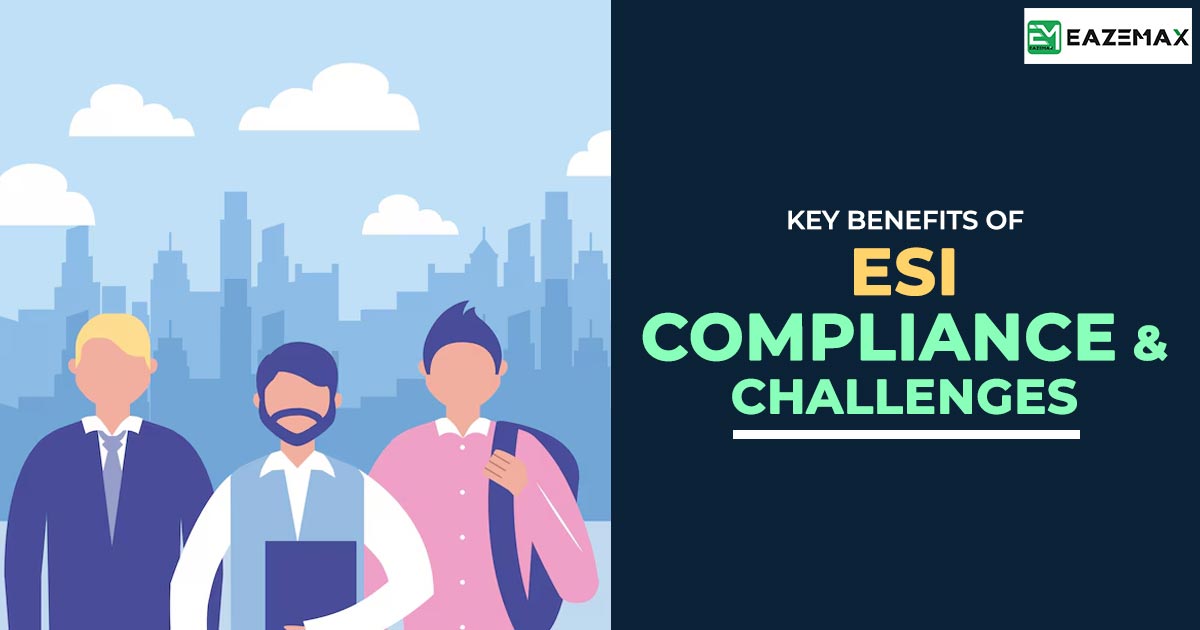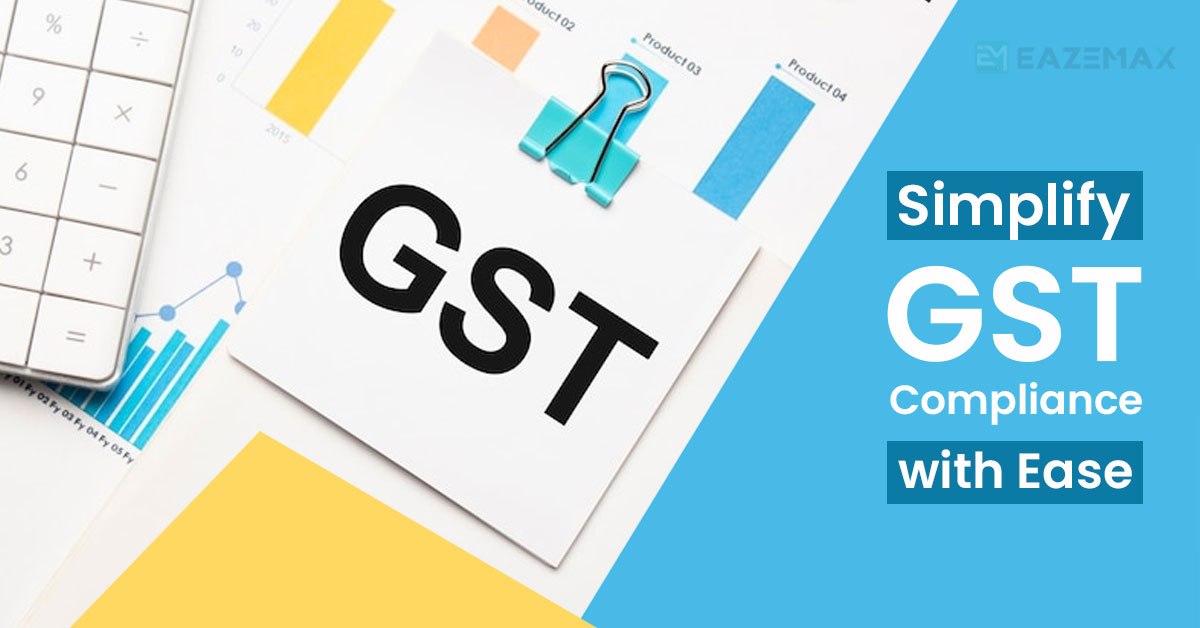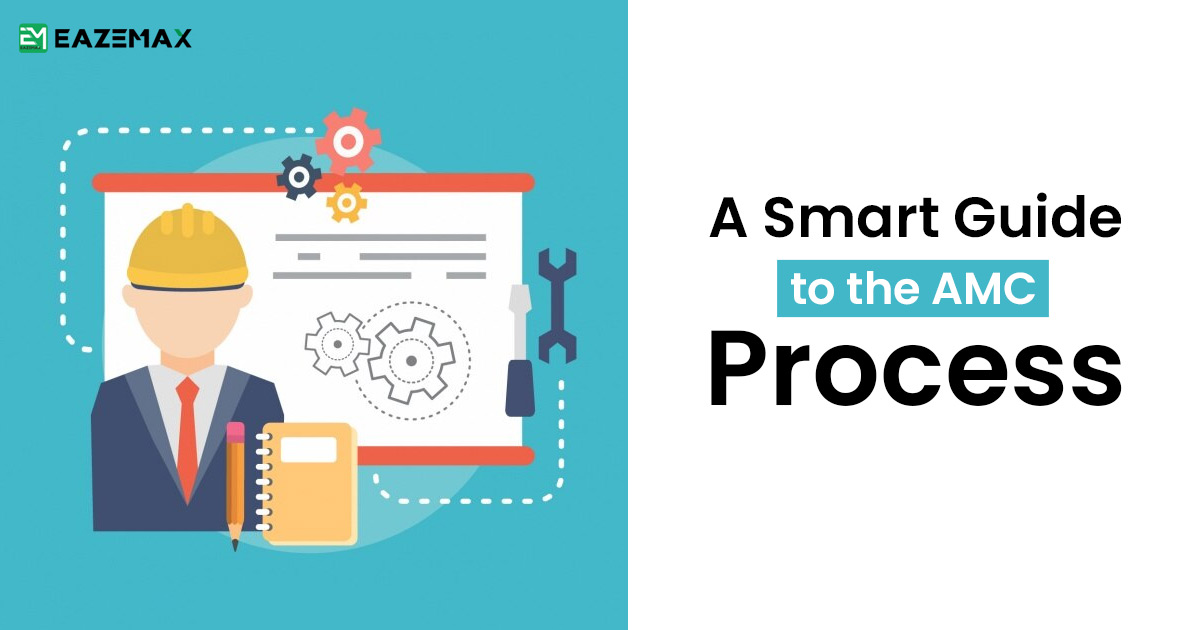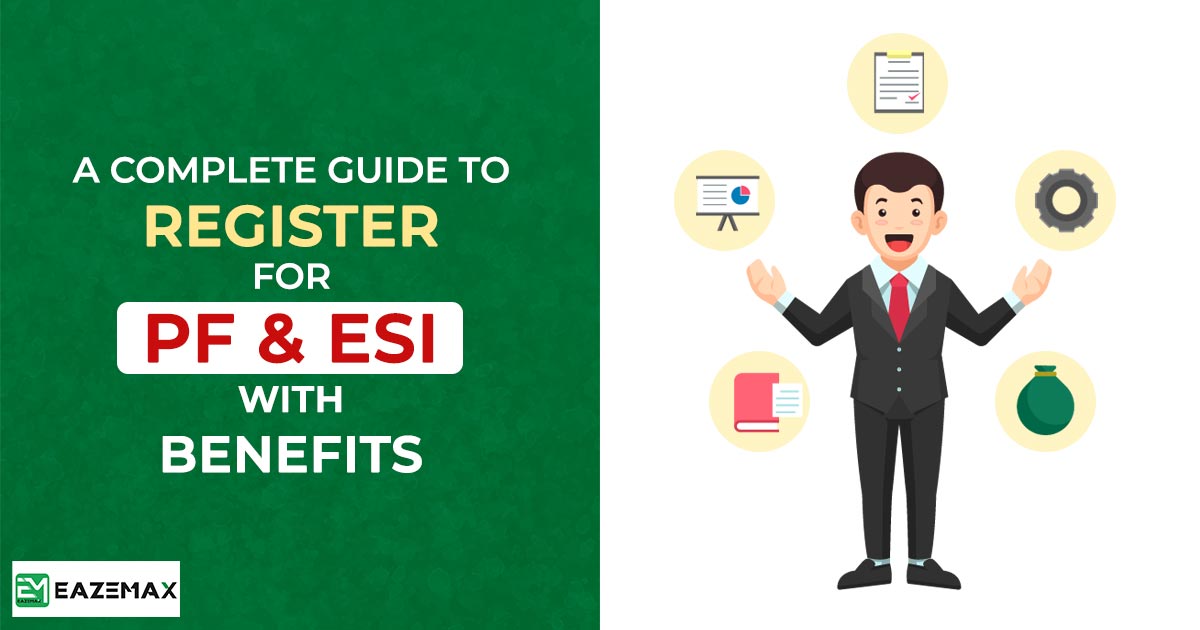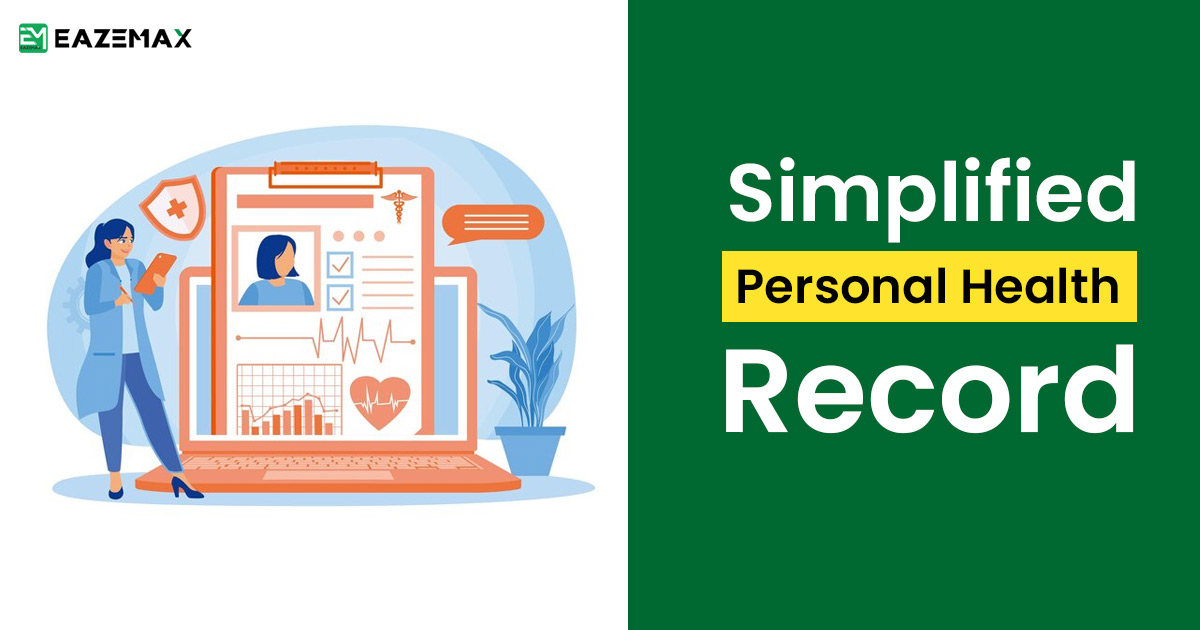
What is a Personal Health Record?
In the ever-evolving landscape of healthcare, where technology and information converge, one tool emerges as a game-changer for managing your health effectively: Personal Health Records (PHR).
Imagine having instant access to all your health-related information whenever you need it, right at your fingertips. A PHR serves as a digital repository for your medical history, treatments, prescriptions, and essential health statistics.
It’s more than just a collection of data it acts as a personal health companion, empowering you to stay informed and take control of your healthcare decisions.
The advantages of using a PHR are significant. It provides a holistic view of your health journey, enabling you to make informed choices about your care. Forget the hassle of recalling surgery dates or medication everything is readily available in your PHR. Moreover, it benefits healthcare providers by assisting them in designing more effective and personalized treatment plans tailored to your needs.
A Personal Health Record encompasses a wide range of information. From basic details like your age and known allergies to intricate data such as lab results and imaging reports, a PHR covers it all.
It also integrates real-time data from wearable devices, offering insights into your daily activities, sleep patterns, and exercise habits, making it a dynamic resource.
PHRs can be customized to meet various requirements. Standalone systems provided by healthcare institutions allow you to manage your records online. Additionally, there are patient portals and Electronic Health Record (EHR) systems.
While patient portals offer access to limited medical information, appointment scheduling, and doctor communication, EHRs are comprehensive digital systems used by medical professionals within healthcare facilities.
Keeping your PHR updated is essential for accuracy and relevance. Regular updates ensure that your health data reflects the latest changes in your condition. Convenient mobile applications simplify this process, enabling you to add new entries, review past records, and even set reminders for medications—all from your smartphone.
Modern PHR systems prioritize the safety and privacy of your health information. They implement robust security protocols to safeguard your data, ensuring it remains confidential and accessible only to authorized personnel, adhering to industry standards and regulations.
Advantages of Personal Health Records
Organization and Convenience
PHRs allow users to efficiently organize and manage crucial health details, including appointments, vaccinations, medications, and screenings. Keeping accurate and updated records ensures timely preventive care, especially for children, fostering healthier lifestyles.
Health Tracking and Assessment
With PHRs, users can track their progress toward health objectives, such as lowering cholesterol. Proper management of health records ensures accuracy and comprehensiveness, reducing the likelihood of medical errors, a leading cause of preventable fatalities.
Patient Engagement
PHRs empower individuals to take charge of their health journey beyond clinical visits. By tracking health trends, managing information, and engaging in decision-making, patients become active participants in their care.
Control and Decision-Making
Regular updates in PHRs provide individuals with control over their records and access. They serve as a critical resource for making informed decisions about treatments, costs, chronic conditions, and preventive strategies.
Emergency Preparedness
In emergencies, PHRs prove invaluable by providing immediate access to essential health data. This enables medical professionals to deliver timely care, even when patients are unable to communicate.
Family Health Management
PHRs simplify caregiving by allowing family members to access and update health records. This streamlined coordination improves healthcare for children, elderly parents, and spouses.
Maximizing Doctor Visits
PHRs optimize doctor visits by preparing patients with questions and relevant data. Information from monitoring devices, like blood pressure readings, enhances discussions and ensures productive consultations.
Communication and Collaboration
Many PHR platforms support secure communication between patients and healthcare providers. This feature strengthens the patient-provider relationship and facilitates prompt action on health concerns.
Reminders and Alerts
PHRs assist users in staying on top of medications, treatments, and test results through automated reminders. This helps prevent missed treatments and ensures continuity of care.
Cost Savings
By minimizing redundant procedures and offering immediate access to necessary health information, PHRs help reduce unnecessary expenses. This benefits both individuals and the healthcare system through significant cost savings.
Privacy and Security
PHRs safeguard personal information through password protection, ensuring health records are secure and accessible only to authorized users.
What Information Is Included in a Personal Health Record (PHR)?
A Personal Health Record (PHR) acts as a detailed archive of an individual’s health-related data, managed by the person or a designated caregiver. It typically contains the following:
Diagnoses and Medications:- The PHR lists diagnosed medical conditions and all prescribed medications, including over-the-counter drugs and alternative therapies.
Medical Procedures:- Records of past medical and surgical procedures, with corresponding dates and outcomes, are documented.
Allergies and Adverse Reactions:- Details of allergies to medications and any adverse reactions experienced are included for reference by healthcare providers.
Chronic Illnesses:- Information about chronic diseases, including management strategies and treatment plans, is recorded.
Family Medical History:- A section may include family medical history to track genetic or hereditary health issues.
Injuries and Hospitalizations:- The PHR captures information about past injuries, accidents, and hospital stays.
Imaging and Lab Reports:- It contains reports from imaging tests like X-rays and MRIs, along with laboratory test results.
Medication Administration:- Records of medication details, including dosage, frequency, and administration instructions, are maintained.
Prescription History:- The history of prescribed medications, dosage changes, and discontinued drugs is included.
Surgical History:- Details of surgeries or other invasive medical procedures the individual has undergone are documented.
Vaccination Records:- Dates and types of vaccines administered are recorded for immunization tracking.
Observations and Notes:- Individuals can add personal notes on health observations, lifestyle changes, and other pertinent details.
Multiple Types of Personal Health Records (PHRs)?
Personal Health Records (PHRs) can be classified into two main categories based on their connection to the Privacy Rule:
- Standalone PHRs:- These involve individuals manually entering their medical details, which are stored online for convenient retrieval. Users retain full control over their data and can choose when and with whom to share it.
- Connected PHRs:- This type is integrated with healthcare organization systems. Known as tethered or connected PHRs, they provide individuals access to their medical information through secure portals managed by healthcare providers.
Why keep a PHR?
Although doctors and hospitals keep records of your visits, your complete health information isn’t kept in one place. A personal health record (PHR) puts you in control, allowing you to provide essential information to healthcare professionals and improve the quality of your care.
What are the Disadvantages of Maintaining Paper-Based PHRs?
Managing paper-based Personal Health Records (PHRs) presents a number of distinct disadvantages:
Scalability Limitations:- In contrast to digital records housed on cloud servers, paper records necessitate physical storage capacity. Administering physical files for a substantial number of individuals becomes unwieldy and necessitates appropriate infrastructure.
Compromised Security and Redundancy:- Paper records lack backup capabilities, rendering them susceptible to events such as fires or data destruction. Digital records provide data replication and security protocols to minimize these threats.
Labor-Intensive and Susceptible to Mistakes:- Manual procedures in paper-based records require significant time and are susceptible to human errors, impacting readability and precision. Digital systems mitigate these problems with streamlined data input and access methods.
Non-Uniform Structures:- Paper records can differ in structure, resulting in inconsistencies that impede information access. Digital records conform to standardized formats for rapid evaluation.
Absence of Transparent Audit Logs:- Paper records lack integrated version histories and audit trails, making it difficult to monitor alterations and modifications. Electronic health records automate auditing and version control, reducing inaccuracies.
What is the Distinction Between Electronic Health Record & Personal Health Record
Electronic Health Records (EHRs)
Electronic Health Records (EHRs) extend beyond the functionality of Electronic Medical Records (EMRs). They compile diverse health data from various healthcare professionals involved in a patient’s care – encompassing not only physicians but also specialists, laboratories, and similar entities.
EHRs prioritize patient-centricity, which is highly advantageous for formulating diagnoses and determining treatment plans. A significant advantage is that EHRs facilitate enhanced collaboration among healthcare providers.
They enable secure and streamlined information exchange, enabling the entire team to operate more effectively and make well-informed decisions. EHR systems offer numerous benefits:
- Mitigation of errors through meticulous documentation.
- Cost reduction through automation of administrative tasks.
- Integration of scheduling tools for efficient resource management.
- Expedited access to comprehensive and current patient information.
- Augmentation of diagnostic capabilities, thereby informing treatment choices.
- Simplification of processes such as billing via electronic receipts and invoices.
Personal Health Records (PHRs)
Personal Health Records (PHRs) in India serve as a convenient resource for patients. They aggregate various health information – including allergies, medications, past treatments, and related data. These records can be compiled by healthcare providers or initiated by the patients themselves.
The focus is on promoting patient engagement and facilitating informed decision-making. Essentially, patients assume greater control over their own health management, equipped with the necessary information to communicate effectively with physicians when required.
PHRs function as a compilation of doctor visits, medical files, and even data from personal health monitoring devices. They offer several advantages:
- Encouragement of patient self-management, leading to increased adherence to medical recommendations and improved overall health outcomes.
- Facilitated sharing of health information with different physicians for enhanced insights and continuous care.
- Streamlining of tasks such as billing through electronic receipts and invoices.
- Provision of a holistic view of patient health to physicians, including family medical history and relevant lifestyle factors.
- Facilitation of remote monitoring and home healthcare management, enabling patients to provide updates to their physicians remotely.
- Promotion of collaborative care among all involved physicians, minimizing the risk of overlooked health issues.
What are Some of the Leading Software Solutions in India?
The advancement of digital technologies has led to the development of applications that simplify the administration of Personal Health Records. Within India, a wide array of commendable EazeMax medical management software solutions are accessible to address diverse requirements.

